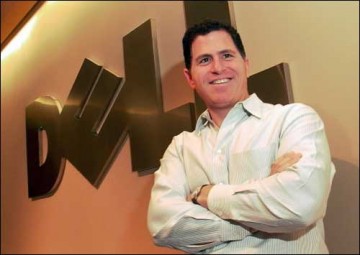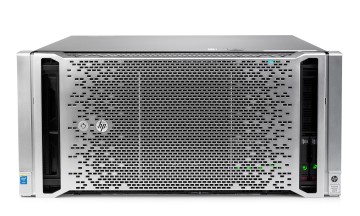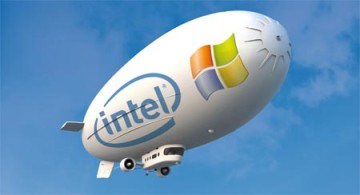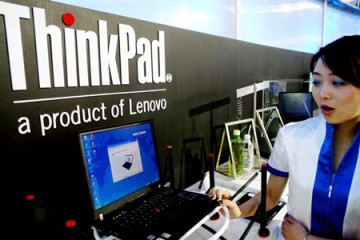 Dell’s cyber security unit, SecureWorks, could be valued at up to $1.42 billion in its initial public offering, the first major US listing of a technology company this year.
Dell’s cyber security unit, SecureWorks, could be valued at up to $1.42 billion in its initial public offering, the first major US listing of a technology company this year.
SecureWorks said its offering was expected to be priced at $15.50-$17.50 per Class A share, raising as much as $157.5 million.
It is not the greatest time for SecureWorks to launch. IPO values plunged to a seven-year low in the first quarter, more than halving from a year earlier to $106.6 billion, as worries over slowing economic growth kept investors wary.
However as far as shareholders in SecureWorks are concerned, from such a low base, things can only get better.
Several cyber security firms such as FireEye, Rapid7 and Mimecast have gone public to take advantage of growing investor interest in them after a spate of hacking attacks on companies including major banks and retailers.
However, shares of Rapid7 and FireEye are now trading way below their IPO prices. Mimecast, which jumped 20 percent on its listing day, has also slipped below its offering price.
The Wall Street Journal first reported in October that Dell, the third-largest personal computer maker, had filed confidentially for listing SecureWorks, which it bought for $612 million in 2011.
Founded in 1999, SecureWorks has 4,200 clients in 59 countries.



















